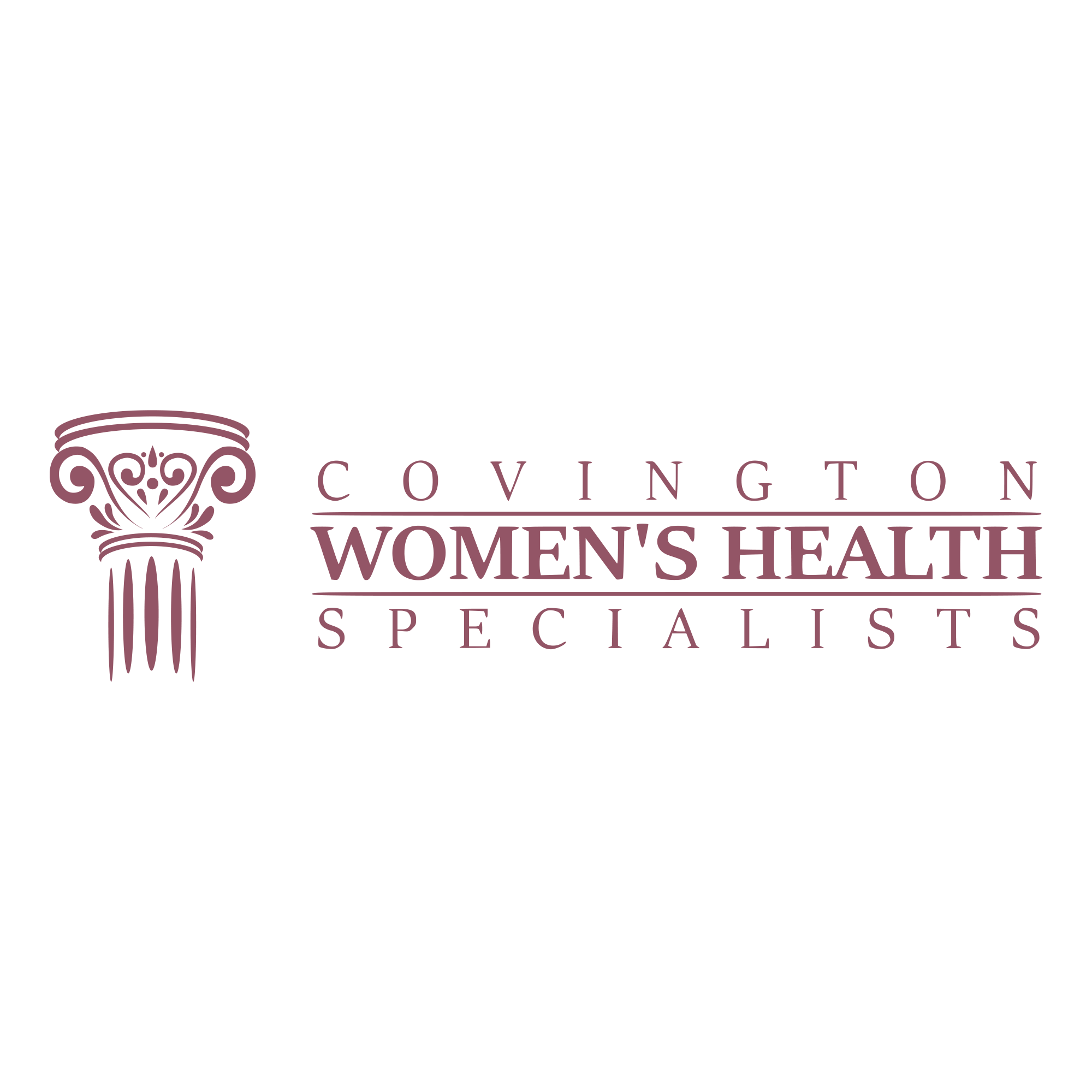Infections to Look Out for While You are Pregnant…and How to Prevent Them
You may well know February as the month we celebrate Black History, Chinese New Year, and Valentine’s Day, but were you aware it’s also Prenatal Infection Prevention Month? Prenatal infections consist of both bacterial and viral diseases that can be passed on either during pregnancy or birth. According to a presentation by the FDA, worldwide, almost 700,000 babies less than a month old die from infectious diseases each year.
Fortunately there are precautions a pregnant mother can take to safeguard her expectant child’s health — and her own.
Infections and the Symptoms to Look Out For
Bacterial Vaginosis
Bacterial vaginosis (BV) results from changes in the bacterial balance of your vagina. Though often without symptoms, the main indicator of BV is an abundance of thin vaginal discharge sometimes with a strong, fishy smell. Having it during pregnancy might put your baby at risk for premature birth and low birthweight. Having this infection at any time can make your vagina and cervix vulnerable to other infections which might be more serious. The best way to prevent BV is to keep your vagina’s pH healthily balanced. Bathe or shower daily and wash externally with gentle soap. Do not douche! Avoid having unprotected sex with new or multiple partners, and consult with your doctor if you notice any symptoms.
Listeriosis
There’s a good reason why your doctor may recommend not eating unpasteurized milk and cheese or cold ready-to-eat meats such as hot dogs, cold cuts or smoked salmon during pregnancy, and that’s listeriosis. This serious infection is usually caused by bacteria-contaminated foods including unpasteurized cheese, raw milk — even some pre-cut fruits and vegetables. Heating hot dogs and other meats like ham slices makes them safe to eat if you heat them until steaming. Symptoms of this infection may be similar to the flu (including fever and muscle aches), but many experience none.
Because listeriosis can lead to pregnancy loss, preterm birth, and stillbirth, prevention is the key. To prevent problems with this bacteria, keep your kitchen clean and follow these steps from the FDA to reduce your risk from listeria infection:
- Keep your refrigerator and freezer at the right temperature.
Use a thermometer in your refrigerator and another thermometer in your freeze to track the temperatures in both and adjust if needed. Your refrigerator should register at 40°F (4°C) or below and your freezer at 0°F (-18°C). The correct temperatures slow the growth of listeria.
- Consume ready-to-eat foods by the expiration dates.
It important to eat your refrigerated foods as quickly as possible and be mindful of the “Use By” date labeled on their packages. There is a higher chance of the listeria bacteria to grow the longer the food stays in the fridge.
- Clean your fridge regularly.
It is important to keep your refrigerator clean by washing the inside walls and shelves with hot water and a mild liquid dishwashing detergent, rinse, then dry with a clean cloth or paper towel. Also, wipe spill immediately so the listeria bacteria doesn’t spread and infect other foods in your fridge.
For more tips and information on Listeriosis, visit the FDA website and make sure you tell your doctor if you think you may have eaten contaminated foods.
Group B Streptococcus (GBS)
This bacteria lives on our skin, and as adults, it causes us no problems. But it can cause serious problems if an infection occurs in a newborn. GBS may come and go from your skin, urinary, digestive, or reproductive tracts. Most people don’t even know they have it, so women are tested for GBS during weeks 35 to 37 of their pregnancy. If tested positive, antibiotics can be given during labor to kill the bacteria and prevent early-onset GBS disease. Newborns with GBS disease may develop serious conditions including sepsis, pneumonia, and even meningitis, so be sure to bring up the test with your doctor if you have questions or concerns.
Sexually Transmitted Infections (STIs)
According to the CDC, “Some infections—such as Zika, gonorrhea, chlamydia, HIV, and syphilis—can pass to the fetus during pregnancy or to the infant during delivery, causing short- and long-term health problems,” including low birth weight, birth defects, and even miscarriages, stillbirth, or newborn death. Getting tested for STIs is recommended for your general health, but particularly when you are pregnant. Pregnant women are typically testing at the beginning for all infections, and re-tested for some infections during the third trimester. If you are pregnant and are concerned that you may have been exposed to an STI or have concerning symptoms such as vaginal discharge, tell your doctor immediately so you can be re-tested.
Preventing Infection with Vaccination
Not all potential infections currently have vaccines, but for those that do, taking them (in some cases, even while pregnant) may go a long way to protect your infant’s health. Most importantly, Flu and COVID-19 vaccinations and boosters are safe and recommended for pregnant patients. According to the National Association of County and City Health Officials: “Vaccine-preventable diseases such as hepatitis B, rubella and varicella pose significant prenatal risks for a mother and baby, however maternal immunization remains an effective and promising mechanism by which to prevent infection . . .” This checklist from the Immunization Action Coalition can provide a good conversation starter for you and your doctor to discuss which vaccines may be best. Even if you have been vaccinated, it is still important to use good hygiene and avoid people who are ill!
If you have questions or concerns about these prenatal infections or any others you’ve come across, Covington Women’s Health Specialists are ready to arm you with information, perform testing, and consult regarding treatment. Call for an appointment at (770) 385-8954 or schedule one online.








